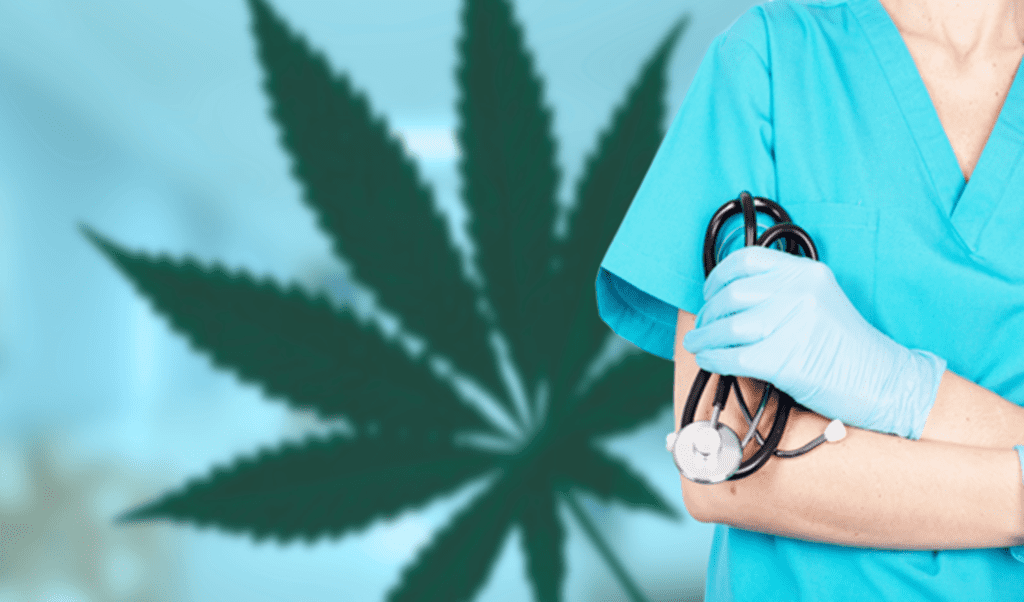
By L.A. Williams
Christian Action League
June 30, 2022
A new study about the use of recreational marijuana has yielded results that researchers say should “should set off alarm bells in the minds of the public, health care professionals and political leaders.”
Published in a journal called BMJ Open Respiratory Research, the study showed that cannabis users are 22 percent more likely to visit an emergency department or be hospitalized than people who do not use the drug. To look at the risk of marijuana use, researchers at the University of Toronto tracked the health records of more than 30,000 Canadians ages 12 to 65 over a six-year period. Even after adjusting for other factors such as alcohol and tobacco use, the findings held true.
“Physical bodily injury was the leading cause of emergency department visits and hospitalizations among the cannabis users, with respiratory reasons coming in a close second,” explained study author Nicholas Vozoris, assistant professor in the division of respirology at the University’s department of medicine.
“Cannabis use is not as benign and safe as some might think,” he said. “Our study demonstrates that the use of this substance is associated with serious negative outcomes.”
The Rev. Mark Creech, executive director of the Christian Action League, said the study is one more reason North Carolinians should be glad that lawmakers here haven’t legalized pot across the Tar Heel state despite pressure to do so.
“This year a medical marijuana bill passed in the North Carolina Senate. The House wisely didn’t take up the measure,” he said. “Let’s just use a little common sense. If marijuana is medicine, why is it that marijuana use makes you 22 percent more likely to be in need of the emergency room or hospitalization?”
Creech called marijuana “an affront to the entire concept of safe and reliable medicine.”
“It defies every standard that we have come to expect from the medical establishment. What’s therapeutic about smoking? No smoking is good for anyone. No modern medicine is smoked. How would you measure the dosage? The FDA has never approved smoking as a safe delivery system,” Creech added. “To receive so-called medicinal marijuana, you have to get it from a dispensary and not a pharmacy — that’s proof it’s an end-run around medicine.”
Creech said that, not surprisingly, research shows that approving medical marijuana expands overall marijuana use.
“People think, ‘If it’s medicine and the state provides access to it, then it’s bound to be safe.’ Wrong!” he said.
In fact, Vozoris and his fellow study authors say that, based on their results, “Recreational consumption in the general population should be discouraged,” and that “the worldwide rising use of recreational cannabis needs to be curtailed.”
Researchers point to the fact that theirs is among a growing body of work linking cannabis consumption with higher risks of bodily injury, motor vehicle accidents, falls and skeletal fractures.
In other news this week, the Drug-Free America Foundation released a nationwide study showing that states that have legalized marijuana have seen increasingly strong THC products and a rise in mental health issues among teens.
“Cannabis use is higher among all age groups in more highly permissive states, with 47 percent more monthly cannabis use among adolescents (ages 12-17) and 81 percent more monthly cannabis use among young adults (ages 18-25) in US states with fully legalized recreational cannabis programs than states where cannabis use has not been legalized,” the report said. Major depressive events, severe mental illnesses and suicidal thoughts have all increased in states with highly permissive marijuana laws.
Officials at the Drug-Free America Foundation warn that as the legal market for cannabis has grown, competition has sparked the creation of increasingly stronger products containing more THC than ever before.
“These new strands that could be up to 90 percent THC, we really don’t know what the outcomes are going to be on that, and that’s kind of scary,” says Amy Ronshausen, the foundation’s executive director.
According to the National Institutes of Health, recent research suggests that smoking high-potency marijuana on a daily basis could increase the chances of developing psychosis by nearly five times compared to people who have never used marijuana.
